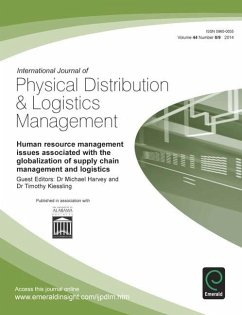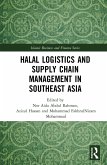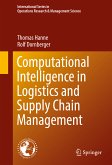Business has been transformed by a number of critical events in the last ten years (i.e., globalization of markets, the growing importance of emerging and transition economies, the knowledge-based economy, accelerating exchange and flow of technology among countries, and the growing importance of global e-commerce through the use of the world-wide-web). It would be difficult to argue that the future of business is not going to look significantly different from the business of the past. Nowhere is this difference going to be more pronounced than in staffing global channels of distribution and logistics functions of global organizations. The magnitude of logistics complexity and importance is illustrated by international shipping volume alone (not including plane, truck, auto, bicycle, etc.): 86,000 ships moved more than 9 billion tons of products in a single year. Even more noteworthy, is that over 80% of all shipping is intra-corporate transfers requiring sophisticated global coordination in MNC subsidiaries. Although information technology has evolved considerably and is essential for global logistics, logistics personnel are now required to be highly trained and need to be prepared to take on many new roles beyond lostistics. Following up on Hohenstein, Feisel, and Hartmann's (2014) systematic literature review on human resource management issues in supply chain management research that is published in Issue 6, this special issue presents six manuscripts that examine multiple issues associated with the globalization of SCM and logistics.
Dieser Download kann aus rechtlichen Gründen nur mit Rechnungsadresse in A, B, BG, CY, CZ, D, DK, EW, E, FIN, F, GR, HR, H, IRL, I, LT, L, LR, M, NL, PL, P, R, S, SLO, SK ausgeliefert werden.









